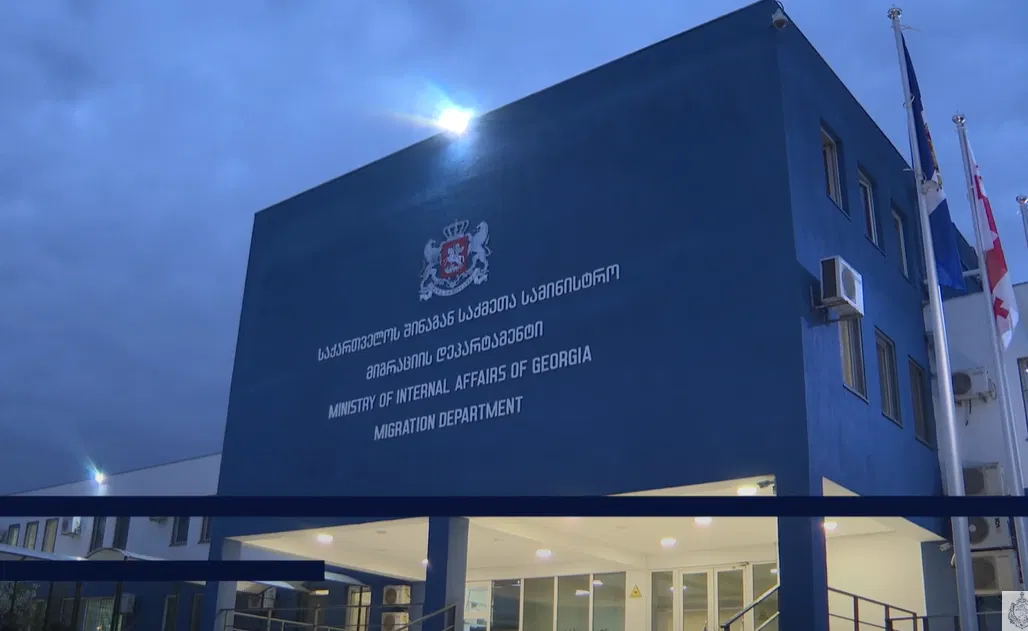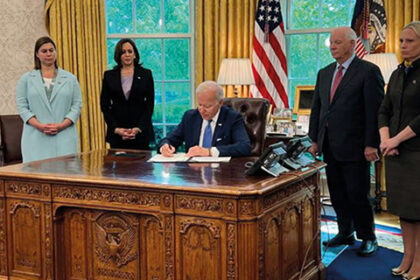**Georgia Expels 96 Foreign Nationals in April**
In a recent announcement, the Georgian Ministry of Internal Affairs revealed that 96 foreign nationals were expelled from the country in April. According to the ministry, some individuals left voluntarily, while others were deported following enforcement measures carried out by the Migration Department.
The expelled individuals came from various countries, including China, Bangladesh, India, Jordan, Russia, Turkey, Iran, Israel, Tajikistan, Nigeria, Nepal, Pakistan, Turkmenistan, Egypt, South Korea, the Philippines, Sri Lanka, Lebanon, Saudi Arabia, Azerbaijan, Slovakia, and Kazakhstan. The ministry stated that those who were deported have been banned from re-entering the country.
This development comes as the Georgian government announced a legislative package at the end of April to tighten immigration control. The proposed amendments aim to expand the grounds for expulsion, introduce biometric data collection for undocumented migrants, and impose harsher penalties for administrative and criminal violations committed by foreign nationals.
The changes to Georgia’s Code of Administrative Offenses would introduce two new penalties specifically for foreign nationals: expulsion from Georgia and a ban on entry. These sanctions could be triggered by offenses such as petty hooliganism, disobedience to law enforcement orders, verbal insult of a public-political figure, or violations related to organizing or participating in public gatherings.
The provisions also include measures barring re-entry for up to 20 years for foreigners who commit serious or particularly serious crimes, increased fines for overstaying visas, and new penalties for Georgian citizens or legal entities who invite, employ, or use the services of foreigners who violate residency or work regulations.
**Commentary**
Georgia’s move to tighten immigration control reflects a growing trend among European countries to strengthen their borders and address concerns about migration. While the aim is to maintain public safety and order, critics argue that such measures could lead to human rights abuses and further polarization within society.
The recent expulsions also raise questions about the treatment of protesters during the ongoing anti-regime protests in Tbilisi. In January, the Ministry reported that 91 foreign nationals were expelled from the country during November and December of 2024, including 25 individuals who had participated in the protests. However, the announcement on May 6 did not specify whether any of the most recent deportees were involved in the rallies.
**Deeper Analysis**
The proposed legislative package in Georgia highlights a broader issue: the need for nuanced and human-centered approaches to migration policy. Rather than relying solely on punitive measures, governments should focus on addressing the root causes of migration, providing support for vulnerable populations, and fostering inclusive communities.
In addition, the Georgian government’s decision to introduce biometric data collection for undocumented migrants raises concerns about surveillance and control. The use of technology in immigration enforcement must be carefully managed to avoid infringing on individuals’ rights and freedoms.
Ultimately, Georgia’s actions reflect a complex interplay between security concerns, economic interests, and human rights considerations. As the country navigates its relationship with Europe and grapples with internal social tensions, it is crucial that policymakers prioritize empathy, understanding, and collaboration in addressing migration challenges.
Read More @ civil.ge












